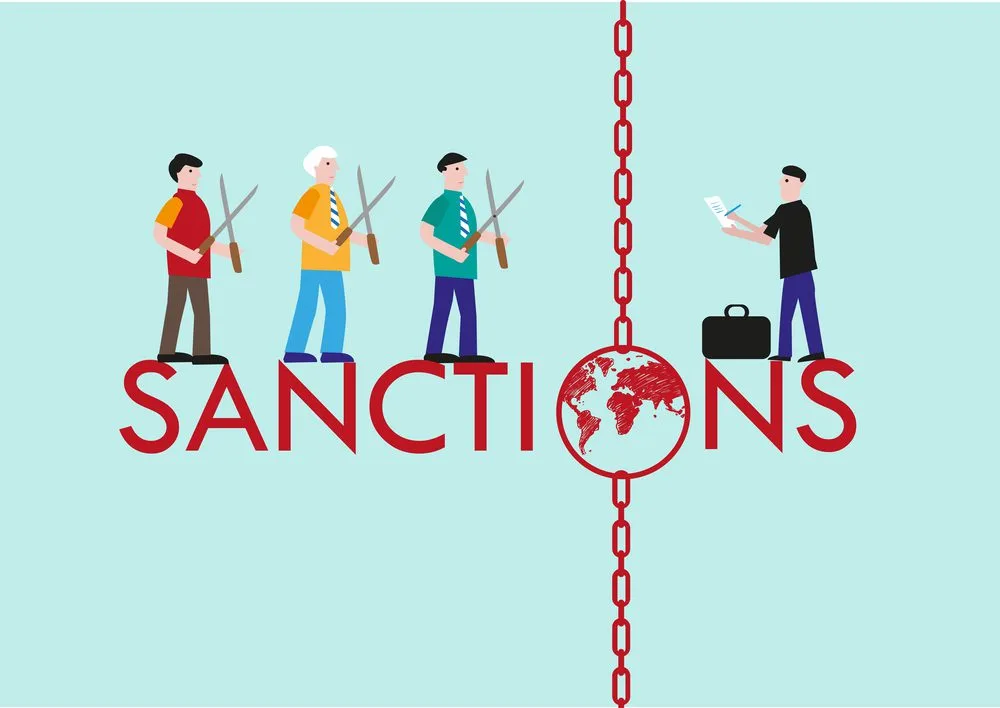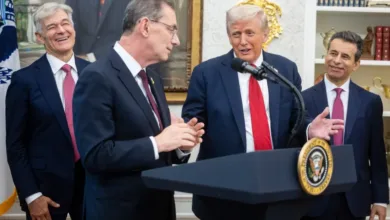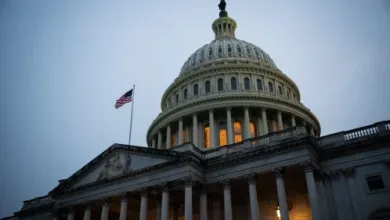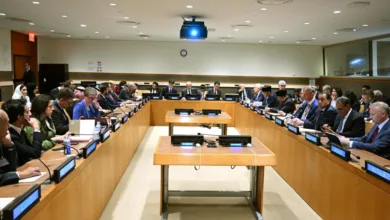The Global Impact of US Sanctions: Economic Weapon or Diplomatic Failure?

Economic sanctions have become a central tool in US foreign policy, particularly against adversaries like Russia, Iran, and North Korea. In 2025, the efficacy and consequences of these sanctions are under intense scrutiny. Are they a potent weapon to enforce international norms, or a blunt instrument causing diplomatic fallout and unintended harm to global markets?
This article explores the multifaceted role of US sanctions and their wide-ranging effects on the Economy and international relations.
Origins and Evolution of Sanctions Policy
Sanctions have evolved from targeted embargoes to complex financial and trade restrictions designed to coerce political change. The US, leveraging its economic dominance and the dollar’s reserve currency status, has imposed sanctions to punish behavior deemed unacceptable, such as nuclear proliferation or human rights abuses.
Case Studies: Russia, Iran, and Beyond
Sanctions on Russia following the annexation of Crimea have aimed to isolate Moscow economically and politically. While they have limited Russia’s access to Western capital and technology, Moscow has adapted by strengthening ties with non-Western powers.
Iran’s sanctions regime, particularly on its oil exports, has sought to curb its nuclear ambitions but also exacerbated humanitarian issues. The ongoing debate questions whether sanctions achieve political goals without undue suffering to civilian populations.
Economic and Market Consequences
Sanctions disrupt trade flows, investment decisions, and currency stability. They often lead to inflation and shortages in target countries but can also reverberate globally. Energy markets, supply chains, and multinational corporations face increased uncertainty, influencing Economy health worldwide.

Some argue that sanctions push targeted nations closer to alternative financial systems, challenging US economic hegemony and potentially fragmenting global markets.
Diplomatic Ramifications and Effectiveness
While sanctions are intended to signal disapproval and compel change, their diplomatic success varies. They can harden nationalist sentiments, reduce prospects for negotiation, and sometimes strengthen authoritarian regimes.
International consensus is crucial; unilateral sanctions may lack legitimacy and provoke backlash. Cooperation among allies enhances impact but complicates coordination.
Alternatives and Future Directions
Debates continue about the use of sanctions versus engagement, dialogue, and multilateral approaches. Technology and cyber sanctions emerge as new fronts, while discussions around “smart sanctions” seek to minimize civilian harm.
Understanding the complex balance between pressure and diplomacy is vital for shaping effective foreign policy.
US sanctions remain a double-edged sword with profound effects on the global Economy and diplomatic relations. Their role as either an effective economic weapon or a diplomatic failure will shape international policy debates in 2025 and beyond.




